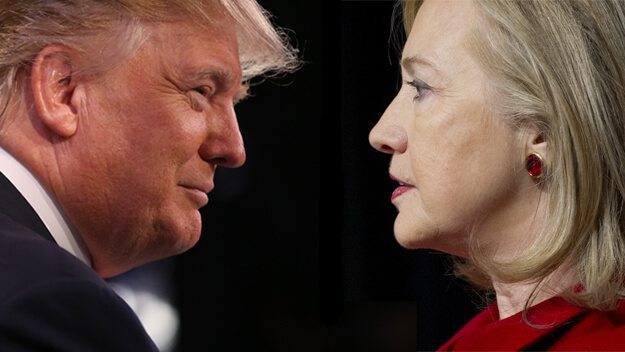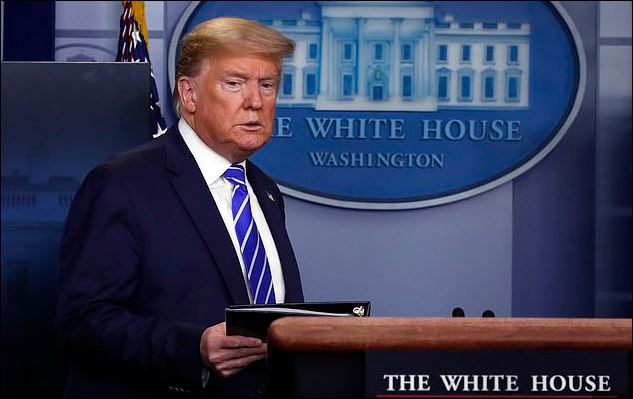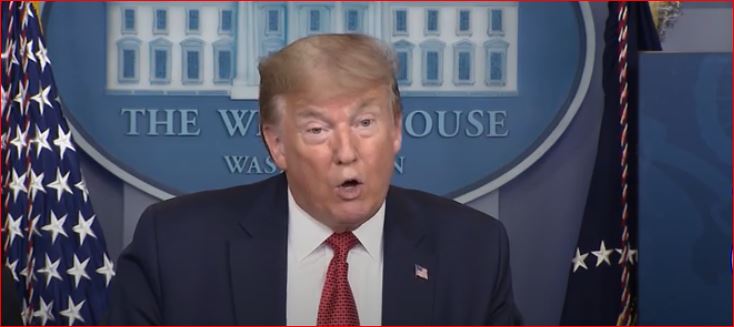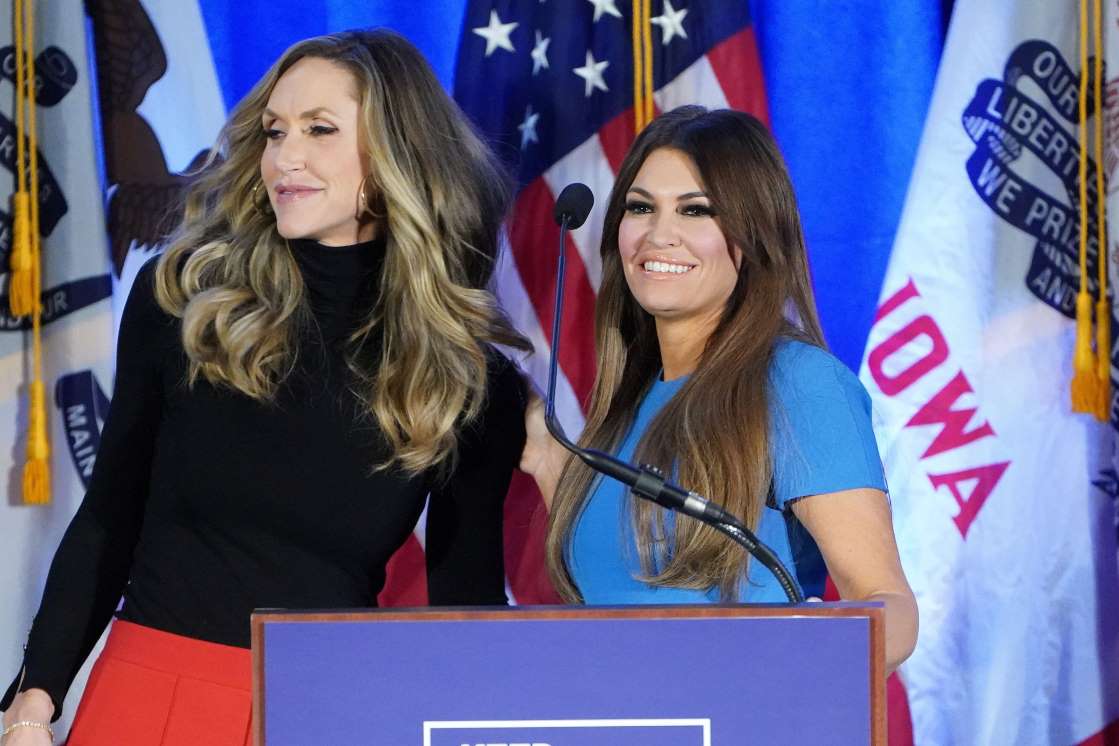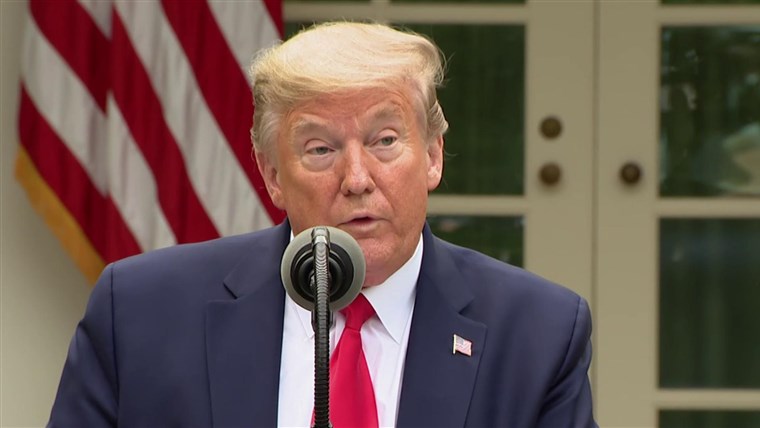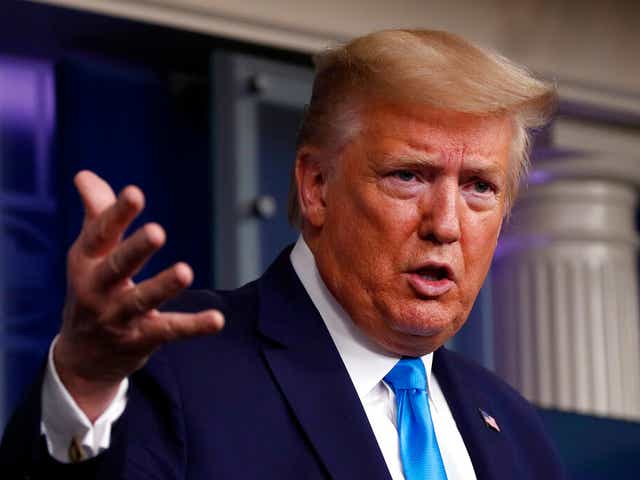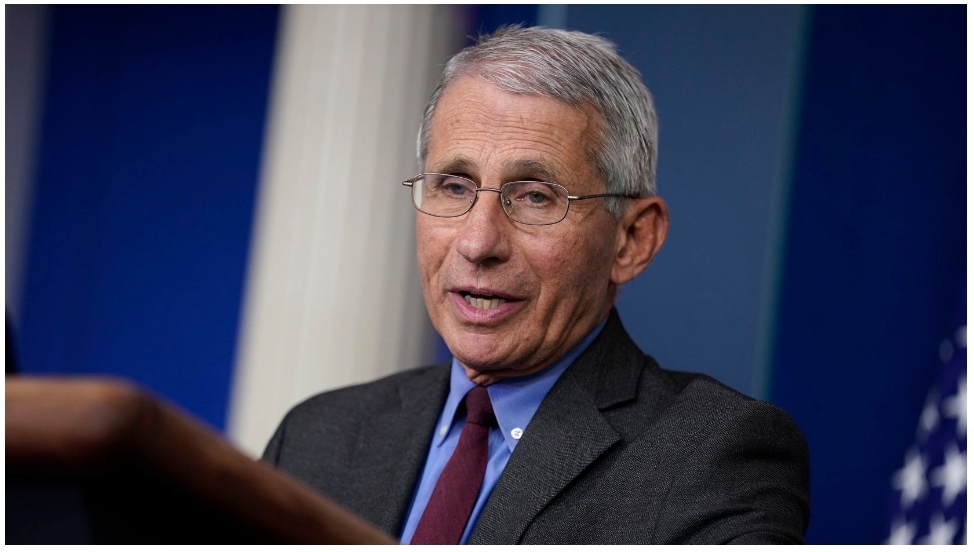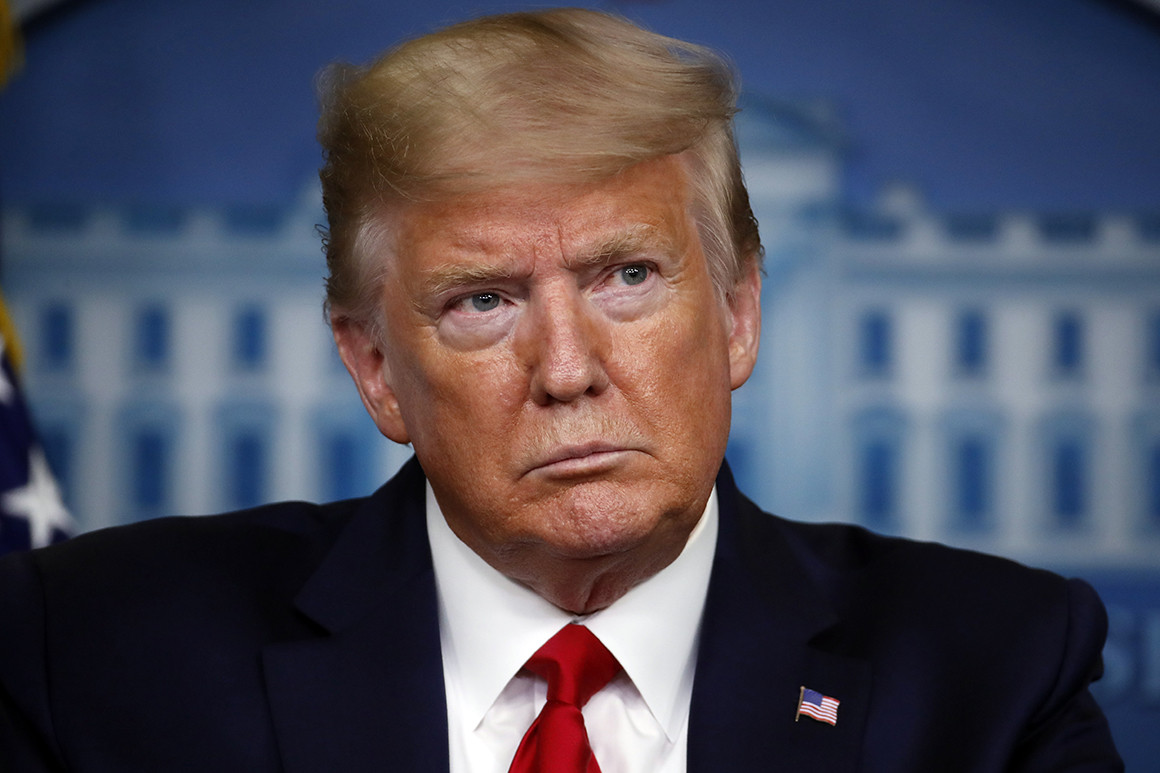I suppose it was inevitable that the first debate of the 2016 presidential campaign would be touted as a must-see, Super Bowl-sized audience extravaganza. This has been building since Dwight Eisenhower lamented that running for president was akin to being a product marketed across the country. Television and now social media has turned this election into the first full-force, multi-screen election. We will never turn back.
But the main concern is about the match-up. Who will win? How will they win? How will the debate shape the race? The conventional wisdom says that the debates in and of themselves will not change the dynamics of the campaign, but the research also says that the first debate has the most overall impact on shaping voters’ attitudes.
As of now, Hillary Clinton has rebounded from a bad couple of weeks and has seen her poll numbers improve. Trump has taken the lead in some of the key swing states, but that was based on his rise nationally, and those swing states should come back to Clinton. The reason for Trump’s rise, though, is interesting. Most of his rebound is based on Republicans deciding to support their nominee including, evidently, Ted Cruz, who endorsed Trump this weekend. The country remains as polarized as ever and there are a larger number of voters who say they are undecided and could be swayed by tomorrow’s debate. Then there are the Johnson and Stein voters, more of whom are Democrats who don’t want to vote for Hillary.
Which brings us to debate strategy. Of course, the more compelling media story is which Donald Trump will show up: the controversial, offensive one or the moderate, less blustery one. This is a false choice. Donald Trump has shown that he can’t stay away from saying things that grab headlines and reinforces stereotypes, and I expect that this is the Trump we’ll see on Monday night. He can try to appear presidential and restrained, but he’ll still be talking about building walls and deporting people and what terrible shape the country’s in right now. The last time he had to make a consequential speech, at the GOP convention in July, he painted a dystopian picture of a country that really doesn’t exist. During the summer, after he hired a new set of advisors, his message did become restrained at times, but we were never more than a few days removed from his making an outrageous claim about things that were not supported by data. And further, he told so many untruths, it was difficult to keep up. He will not be able to get away with that on Monday.
Hillary’s job in the debate, quite simply, is to appeal to the Bernie voters who don’t think she’s got his back. If she can convince wavering Democrats that her agenda is liberal enough for them to vote for her, then she’s done her job. Along the way, she needs to look presidential and strong, and she needs to remind the audience about Trump’s, shall we say, discomfort with specific policies. She will face some rough spots over the emails and the Clinton Foundation, but if she keeps the focus on Trump’s questionable business activities that will blunt some his points. And if Trump really tries to bring up things like Bill’s affairs or Hillary’s looks or any other topic from the dark side, Clinton should just remind people that we have very pressing issues, but Trump is worried about THAT?
Of course, if either candidate makes a huge mistake or comes off looking anything resembling unpresidential, then that will absolutely damage their chances. It will be interesting television and I’m glad that so many people are expected to watch.
This race is still Hillary’s to lose. I don’t expect her to.
For more, go to www.facebook.com/WhereDemocracyLives or Twitter @rigrundfest
